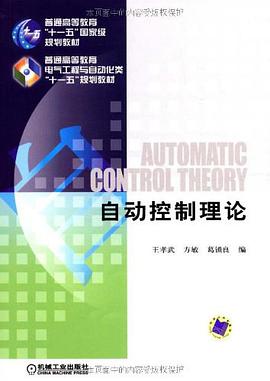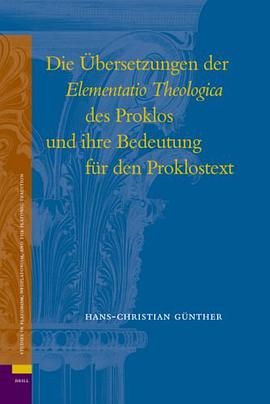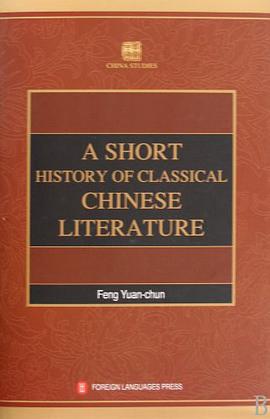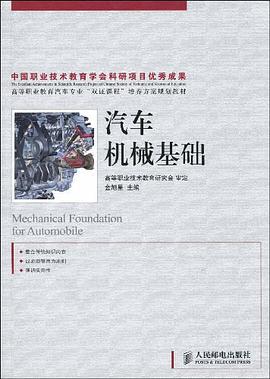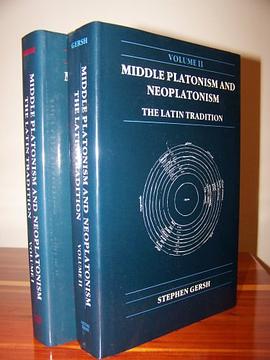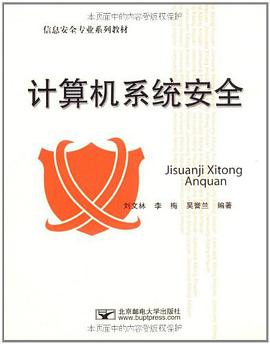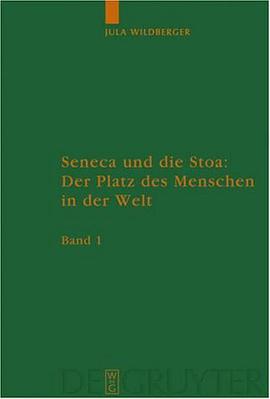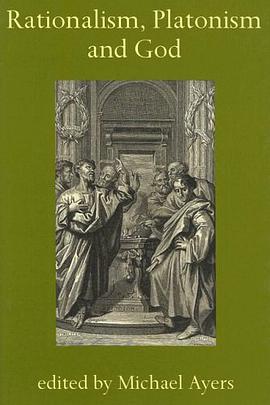

Rationalism, Platonism and God comprises three main papers on Descartes, Spinoza and Leibniz, with extensive responses. It provides a significant contribution to the exploration of the common ground of the great early-modern Rationalist theories, and an examination of the ways in which the mainstream Platonic tradition permeates these theories. John Cottingham identifies characteristically Platonic themes in Descartes's cosmology and metaphysics, finding them associated with two distinct, even opposed attitudes to nature and the human condition, one ancient and 'contemplative', the other modern and 'controlling'. He finds the same tension in Descartes's moral theory, and believes that it remains unresolved in present-day ethics. Was Spinoza a Neoplatonist theist, critical Cartesian, or naturalistic materialist? Michael Ayers argues that he was all of these. Analysis of his system reveals how Spinoza employed Neoplatonist monism against Descartes's Platonist pluralism. Yet the terminology - like the physics - is Cartesian. And within this Platonic-Cartesian shell Spinoza developed a rigorously naturalistic metaphysics and even, Ayers claims, an effectually empiricist epistemology. Robert Merrihew Adams focuses on the Rationalists' arguments for the Platonist, anti-Empiricist principle of 'the priority of the perfect', i.e. the principle that finite attributes are to be understood through corresponding perfections of God, rather than the reverse. He finds the given arguments unsatisfactory but stimulating, and offers a development of one of Leibniz's for consideration. These papers receive informed and constructive criticism and development at the hands of, respectively, Douglas Hedley, Sarah Hutton and Maria Rosa Antognazza.
具體描述
讀後感
評分
評分
評分
評分
用戶評價
相關圖書
本站所有內容均為互聯網搜索引擎提供的公開搜索信息,本站不存儲任何數據與內容,任何內容與數據均與本站無關,如有需要請聯繫相關搜索引擎包括但不限於百度,google,bing,sogou 等
© 2025 qciss.net All Rights Reserved. 小哈圖書下載中心 版权所有

